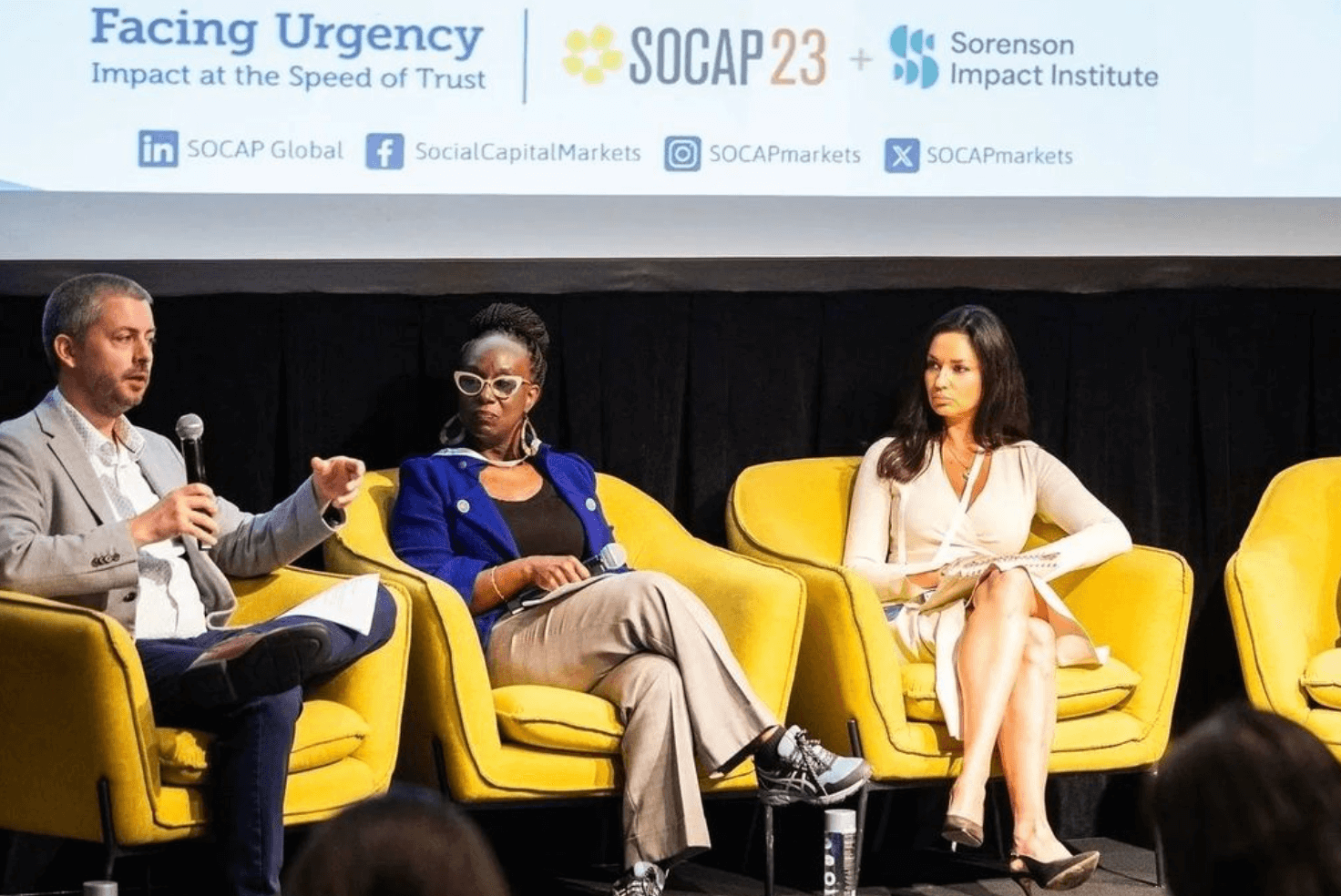When Blackstone makes its next large US private equity purchase, it will grant equity shares to most workers at the company.
The $143 billion private equity investor, which has recently announced layoffs at some of the companies it owns, told The Wall Street Journal it will adopt broad-based employee ownership as part of its US buyout strategy. Expanding profit-sharing to workers beyond senior management roles is key to fostering a more inclusive and vibrant workforce – and keeping employees.
“In what we’re trying to do across our portfolio, broad-based equity ownership is just a part of a much more important path,” Joseph Baratta, the firm’s global head of private equity,
The notion of offering equity compensation to hourly employees and other frontline workers is catching on in the private equity industry, which employs some 12 million workers in the US. KKR, one of Blackstone’s competitors, began implementing broad-based ownership programs in its manufacturing businesses in 2011. More recently, the private equity investor has expanded the strategy and now counts over 45 companies that have awarded billions of total equity value for more than 100,000 non-senior-management employees.
KKR’s Pete Stavros last month touted the wealth-sharing on 60 Minutes. “This is an unbelievably popular idea with liberal progressives, and MAGA Republicans, and everything in between,” Stavros said. “It’s not a government handout. This is a benefit tied to work. And, the outcomes are driven by performance” (you may have heard him first on our 2020 podcast).
KKR launched Ownership Works in 2022 to call on private equity investors in generating at least $20 billion in wealth for workers via employee ownership over the next decade. Close to two dozen firms, including Apollo Global Management, Goldman Sachs, TPG and Ares Management, answered. Baratta says Blackstone declined to join.
“Private equity investors commonly share equity participation with senior management, but very uncommonly share it with the rest of the workforce,” said Ownership Works’ Anna-Lisa Miller during last month’s Employee Ownership Ideas Forum in DC.
New leaf
Private equity giants have labored for years to throw off the reputation that they extract enormous profits while leaving behind mountains of debts and thousands of unemployed workers.
More recently, they’ve been criticized for scooping up single-family homes and turning them into rentals, which has helped drive up housing costs.
The private equity industry, better known for layoffs and restructuring, can be a key lever in creating quality jobs, Megha Bansal Rizoli of Jobs For the Future told ImpactAlpha earlier this year. “The old ways of working aren’t the only ways of working anymore,” Bansal Rizoli said.
Blackstone has implemented broad-based employee ownership programs at select portfolio companies. It now says it will apply the strategy on all new deals in which its private-equity unit takes a controlling stake. Blackstone employs nearly 700,000 workers globally across more than 230 portfolio companies.
First up: Copeland, the former global climate tech unit of St. Louis-based manufacturer Emerson. Blackstone acquired a 60% controlling stake in the company for $14 billion in 2022. The roughly 18,000 workers of Copeland, which manufactures smart compressors, valves and other devices for clean heating, ventilation, air conditioning and refrigeration, will now have an opportunity to share a portion of the firm’s profits via equity-linked bonuses.
Baratta called it “the largest shared ownership initiative at a PE-backed company in history.”
Good jobs, better value
Employee ownership has emerged as a key strategy for improving business performance and retaining workers, especially in this challenging labor market. The embrace of shared ownership by another large private equity firm “suggests they see the returns-generating power of making jobs better all the way down the org chart,” Ellen Frank-Miller of Workforce & Organizational Research Center, or WORC, tells ImpactAlpha.
Last week WORC released a study highlighting an increased emphasis on value creation through human capital management at TPG, Blackrock and other private equity firms (see ImpactAlpha’s coverage, “The next frontier of private equity value creation: Better jobs for frontline workers).
Shared ownership isn’t a magic wand, she warns. “Without improving lower-level jobs in ways that generate the kinds of above-and-beyond behaviors that drive returns, PE firms leave money on the table.”
“Commitments like Blackstone’s are strong steps in the right direction,” said Delilah Rothenberg of the Predistribution Initiative, a nonpartisan nonprofit designed to co-create inclusive wealth-building investment structures and practices with impact investors.
But narrowing the wealth gap at a system-level, she adds, will also require PE firms to consider “the proportion of equity shared with workers, whether they are also paid a living wage in addition to contingent equity upside, the capital structure of these companies and ability to tolerate market cycles, diversification of workers’ investments, and whether worker voice is also upheld through freedom of association and collective bargaining.
Workforce development
Fostering professional development in the workplace is a key value creator, especially for workers from historically-underrepresented backgrounds and communities who often bring with them unique solutions to complex problems.
Blackstone launched Career Pathways in 2020 to help its portfolio companies broaden their talent pipelines and implement more inclusive workplace practices. That initiative, implemented through Blackstone’s US buyout portfolio, now includes broad-based ownership, says Baratta.
Blackstone’s Career Pathways has partnered with more than 50 portfolio companies to hire over 6,000 workers without college degrees, people of color and people with disabilities, and alumni of Historically Black Colleges and Universities, or HBCUs, and Hispanic-Serving Institutions, or HSIs. Some of the companies have launched cross-training and upskilling programs.
One of the portfolio companies QTS Data Centers, a Kansas data center solutions provider, hired 50 interns from diverse backgrounds, half of whom transitioned to full-time positions.
“We believe these efforts to support worker opportunity help create value by attracting high-quality talent, supporting long-term employee retention, and promoting shared alignment in the success of our businesses – consistent with our fiduciary duty as responsible stewards of capital,” says Baratta.
Dennis Price and Amy Cortese contributed reporting.











